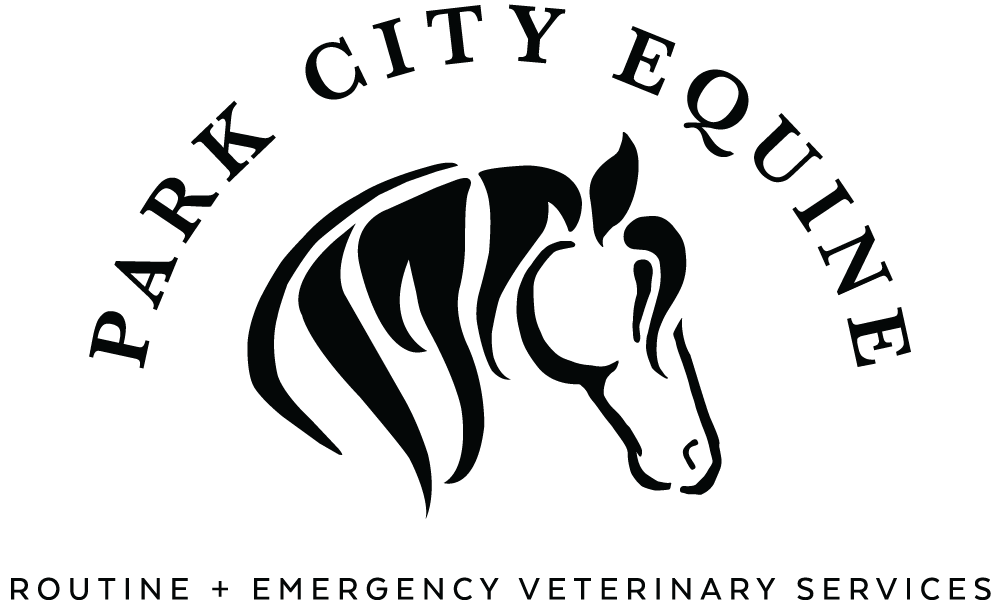Signs That Your Horse is Stressed
Is Your Horse Stressed?
You and your horse share one unfortunate thing in common - the inclination to feel stressed when faced with a difficult situation. Unfortunately, stress is just as bad for your horse's physical and mental health as it is for yours. Chronic stress can increase the risk of illness, cause ulcers, skin infections, and even lead to weight loss and depression in equines.
Common Stressors in Horses
A change in your horse's environment or routine may be responsible for stress and anxiety. When your horse feels overwhelmed or anxious, it produces more cortisol, a substance known as the stress hormone. When cortisol levels are frequently high, your horse is more likely to experience the health effects of stress.
Stressors (the things that cause stress) vary from horse to horse. In fact, a situation one horse finds stressful might not faze another. Common stressors include:
Housing Changes. Moving to a new barn, or even a new stall, can trigger stress and anxiety. If your horse is used to spending most of its time outside, being confined to the stable may cause stress.
Social Issues. The loss of an equine companion, limited access to other horses, or the introduction of a new horse may increase a horse's stress level.
Transportation. Long or short trailer trips can be an unpleasant, stressful experience for some horses.
Feeding Changes. Restricting feed or changing the type of feed or forage may stress your horse and lead to insecurity.
Weaning. Both mares and colts can become stressed during the weaning process.
Illness or Pain. Horses that are sick or in pain may feel more stressed than healthy horses.
Competition. Just like human athletes, horses that compete may feel pre-competition jitters.
Veterinary Visits. Visits from the equine vet can be a little stressful for some horses.
Signs That May Mean Your Horse Is Stressed
Signs of stress in horses may include:
Pacing
Pawing
Sweating
Trembling
Eye Fluttering
Lack of Interest in Food
Tail Swishing
Increased Heart Rate
Fast Breathing
More Frequent Bowel Movements
Flared Nostrils
Shying
Bolting
Pricked Ears
Holding the Head Higher Than Normal
Aggression
Vocalizations
Moving the Head Repetitively
Raised Tail
Keep in mind that every horse reacts differently to stress. Your horse may exhibit many of these signs or none of them. Any change in behavior or health could be a potential sign of stress, anxiety, or depression.
What You Can Do to Minimize Stress
Keeping your horse's routine the same every day is a simple way to lower stress. When feeding and turnout times can be predicted, your horse will feel more secure. If you must make changes, gradual changes are best.
Regular medical and dental care will reduce your pet's risk of illness and dental problems and ensure that pain or other symptoms are promptly treated. If veterinary or farrier visits stress your horse, look for a veterinarian or farrier who is willing to take the time to calm an anxious or stressed equine.
It's also important to consider your horse's social needs. Your Horse Magazine recommends offering a turnout space that provides plenty of room for socializing with other horses, yet also gives your horse its own space.
Regular veterinary care is an important aspect of protecting your horse's health. We can help you care for your horse's physical or mental wellbeing and offer suggestions that will lower stress. Contact our office to schedule a visit for your horse.
Sources:
The Horse: All Wound Up: Is Your Horse ‘Stressed Out’?, 7/13/20
Practical Horseman: Relax! How to Battle Everyday Horse Stressors, 8/1/18
Your Horse Magazine: 6 Ways to Reduce Stress in Your Horse, 5/29/17

